In my past few posts, I’ve talked about Katherine May’s book Wintering and how it inspired me to take a closer look at my own relationship with time and rest, historically, seasonally, in our modern society, and also as the seasons of my own personal life shift and transform and the need for rest and recovery becomes more immediate and apparent. In an almost serendipitous turn of events, I happened to have a healthy amount of unclaimed vacation days. This is extremely rare for me, especially this late in my company’s fiscal year. Usually, my vacation days are spoken for as soon as they are accrued – and well before – with trips scheduled to visit our family, attend events, and explore places we’ve been eager to experience. With the pandemic halting my usual rush of travel, I realized I had 5 weeks of personal time and vacation days to use (time off that does not roll over and cannot be cashed in, I should add) and about 5 months with which to use it or lose it. At the time, we were operating under the assumption that our opportunity to get the vaccine was still a fair ways off and so travel was still off the table until late summer or early fall (after the time off for the year had expired). Why not take a week off to do nothing? Miraculously, I had the time and my schedule at that particular point was fairly light (or at least flexible). And, so, not without a small amount of guilt at least – as a person unaccustomed to doing nothing and because I know this is not an opportunity afforded to everyone (and it really should be) – I scheduled a week off for myself in late February with no plans to go anywhere or do anything other than exactly what I felt like doing at any given moment.
I took a few photos along the way – not of everything, but enough to serve the memory and capture the essence. And, I’ll warn you now, they’re not very exciting or compelling. Which was, in the fact, the whole point. Everything I did was ordinary – naps, baths, puzzles, coloring books, long walks, cooking and baking, reading, listening to music, watching movies, simply being outdoors, noticing the way the air feels and smells and how the sky looks – but when you aren’t in the habit of dedicating time to doing nothing, these simple and enjoyable everyday things get overlooked or skipped altogether. It was an interesting experience to not consult my calendar for my next step, and to stop and think “what do I WANT to do now?” And if the answer came back take a nap in the sun…then I did. And if the answer came back to turn on some music and work on a puzzle or to take a walk or to make a stew for that night’s dinner because it sounded good…then I did. I did nearly everything alone, expect for a few weekend things with Ted.
I also took note of things May did in the book to aid on her own personal journey toward rest and recovery – the lessons she learned about incorporating cold and heat and nature and sleep and appreciation for gifts of offerings of both daytime and nighttime. Those also loosely influenced the shape of my week and what I chose to focus on or spend time doing and when. It was bitterly cold week with some sun here and there (perfectly tuned for practicing the art of “wintering”), and aside from a lazy weekend jaunt with Ted to visit the owls at a birds of prey sanctuary (animals have always brought me a great deal of joy and peace) and a short excursion to the conservatory to cozy up to the cactus (which are comforting and remind me of warmth and home), my only other “big outing” was to drop a few meals worth of the food I’d made off at the doorstep of a friend who was having a tough go of things lately and definitely didn’t need to be worrying about what was for dinner – but, honestly, even that brought a sense of comfort to my week. I left the house plenty for chilly and meandering walks, but I found most of my peace within our immediate area.
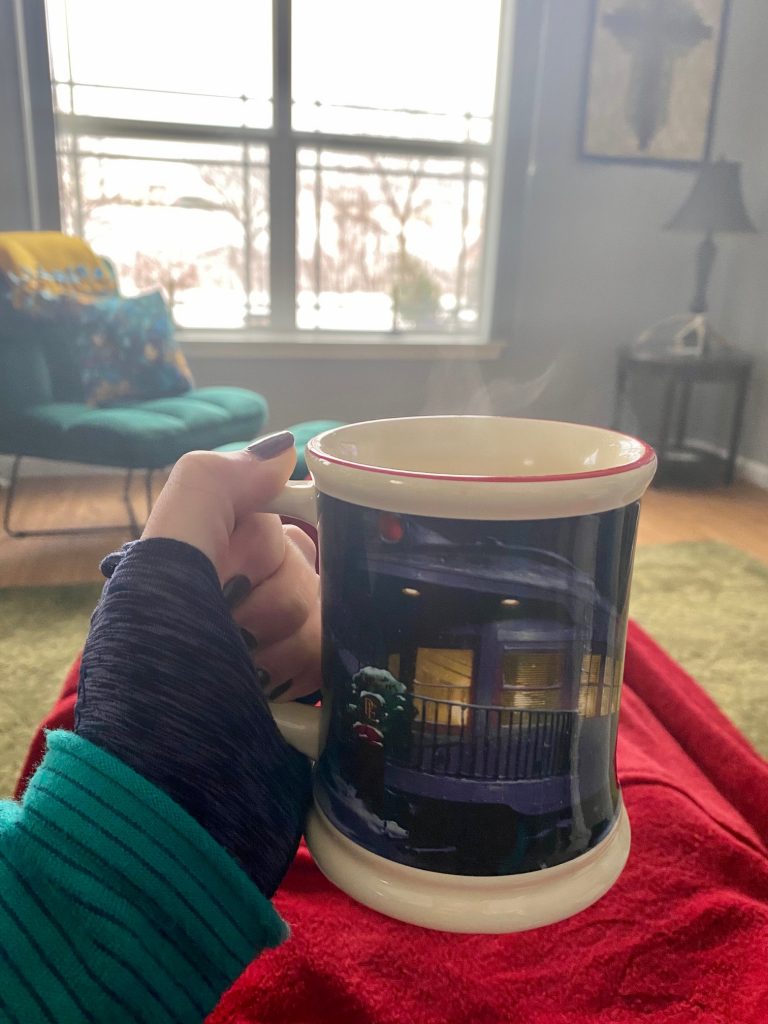
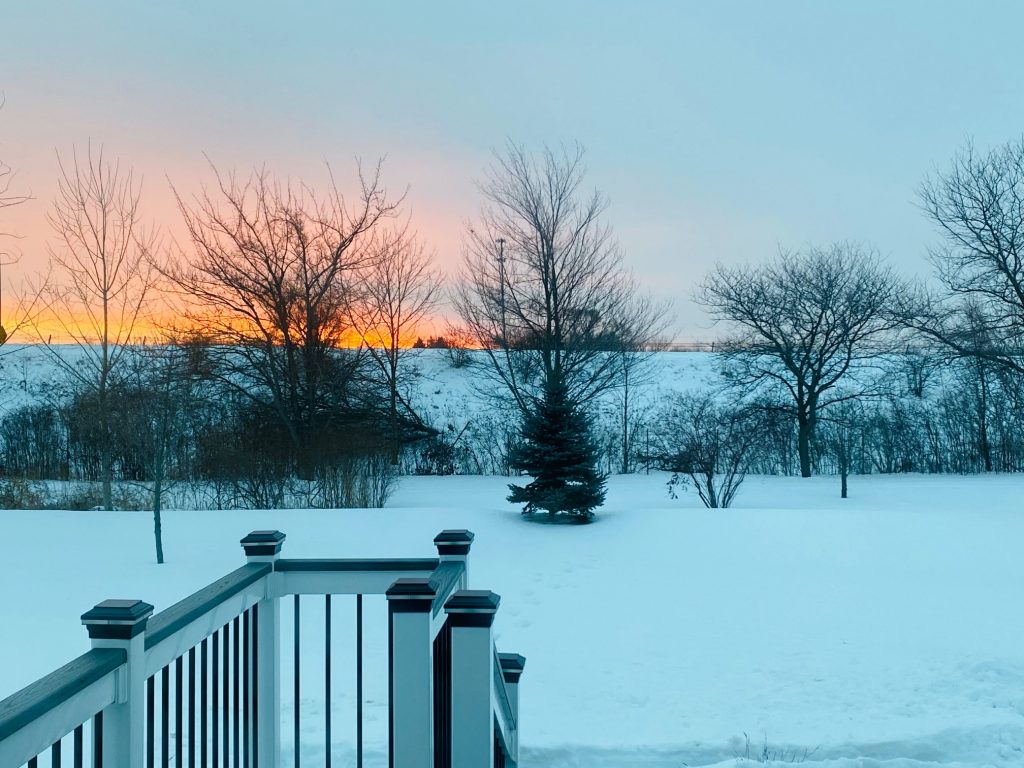
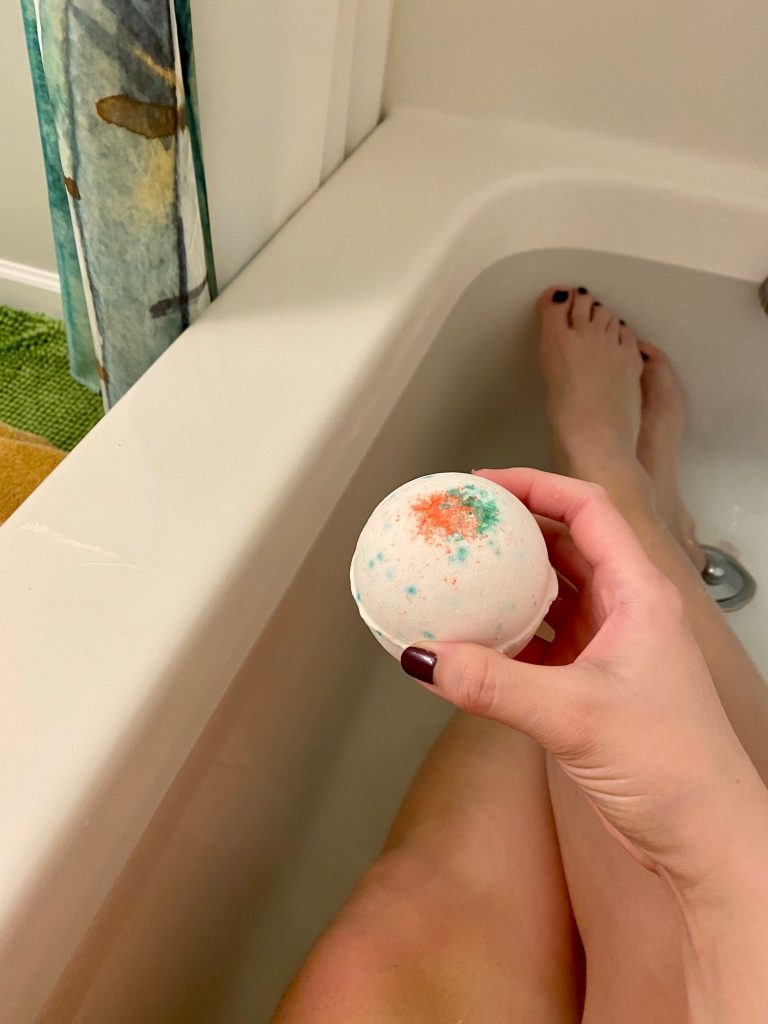
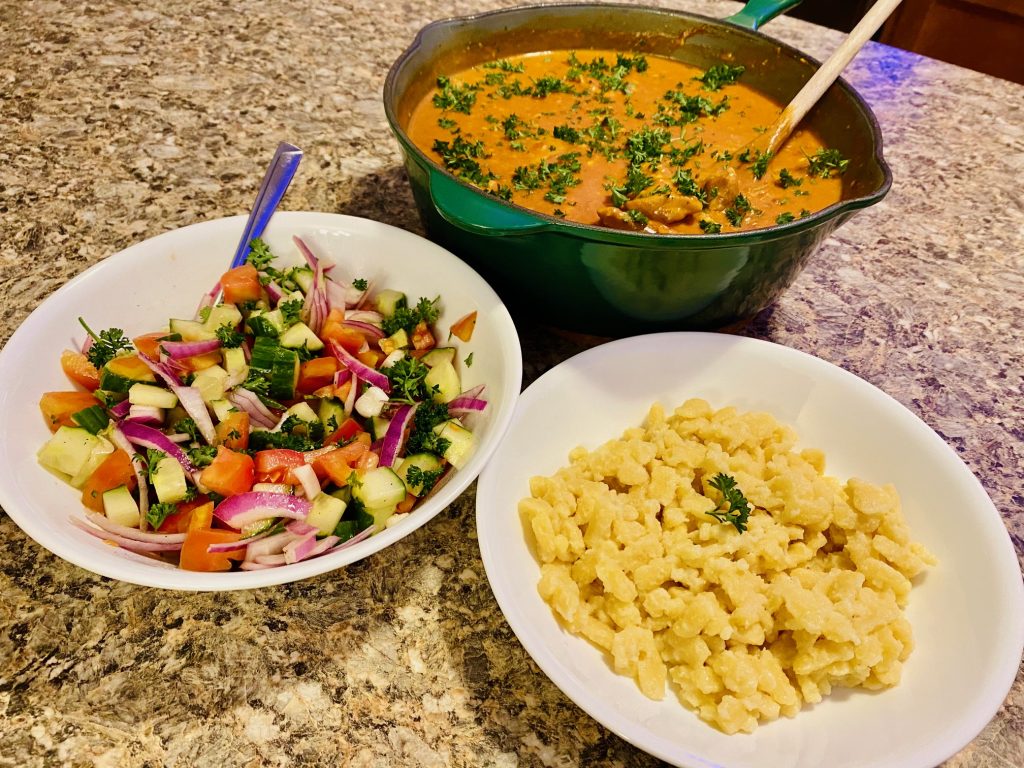
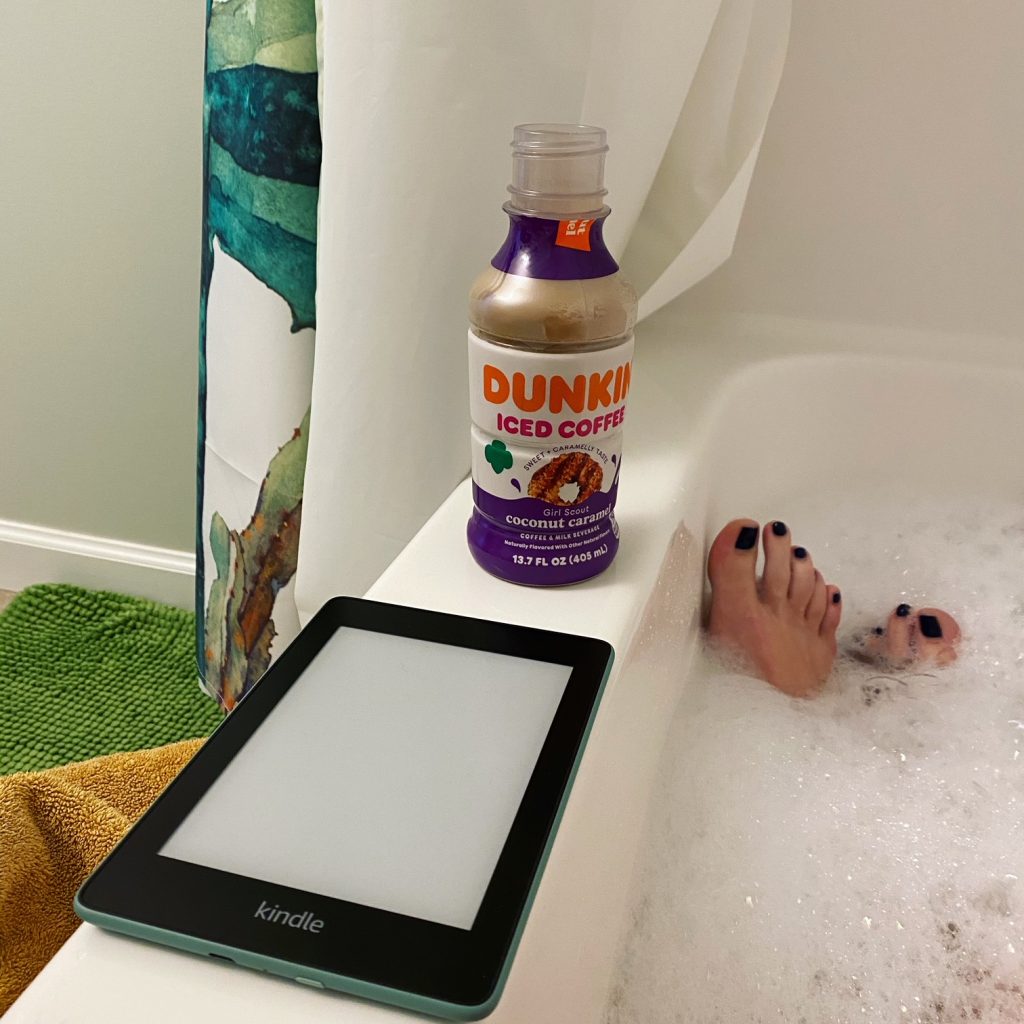
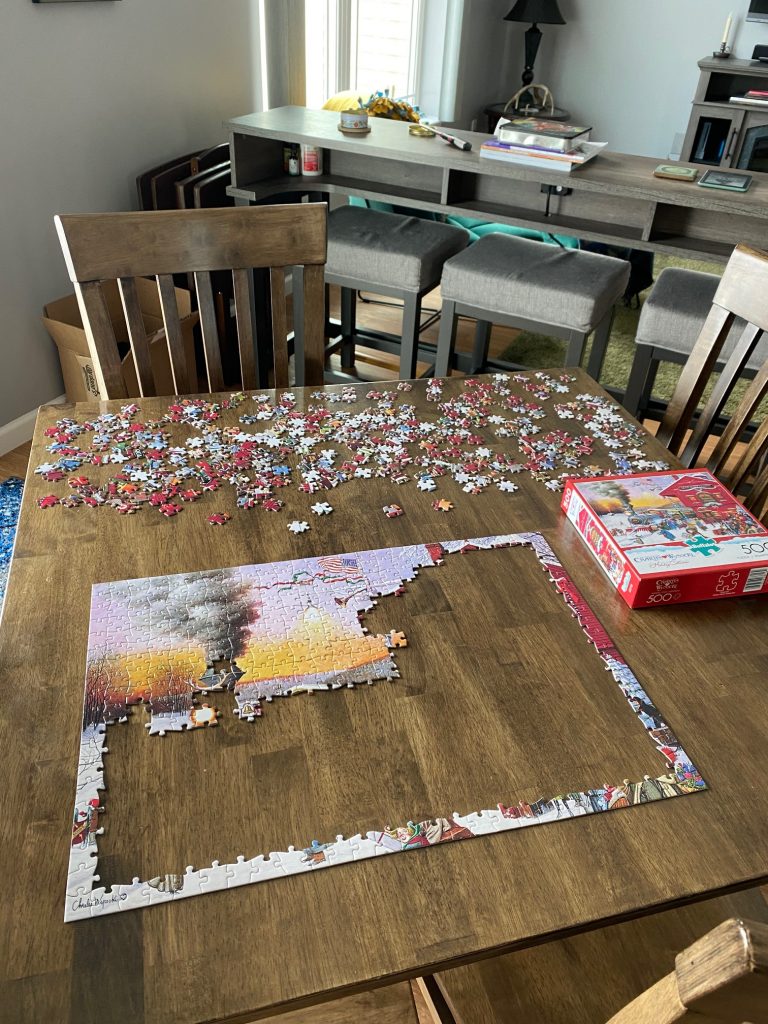
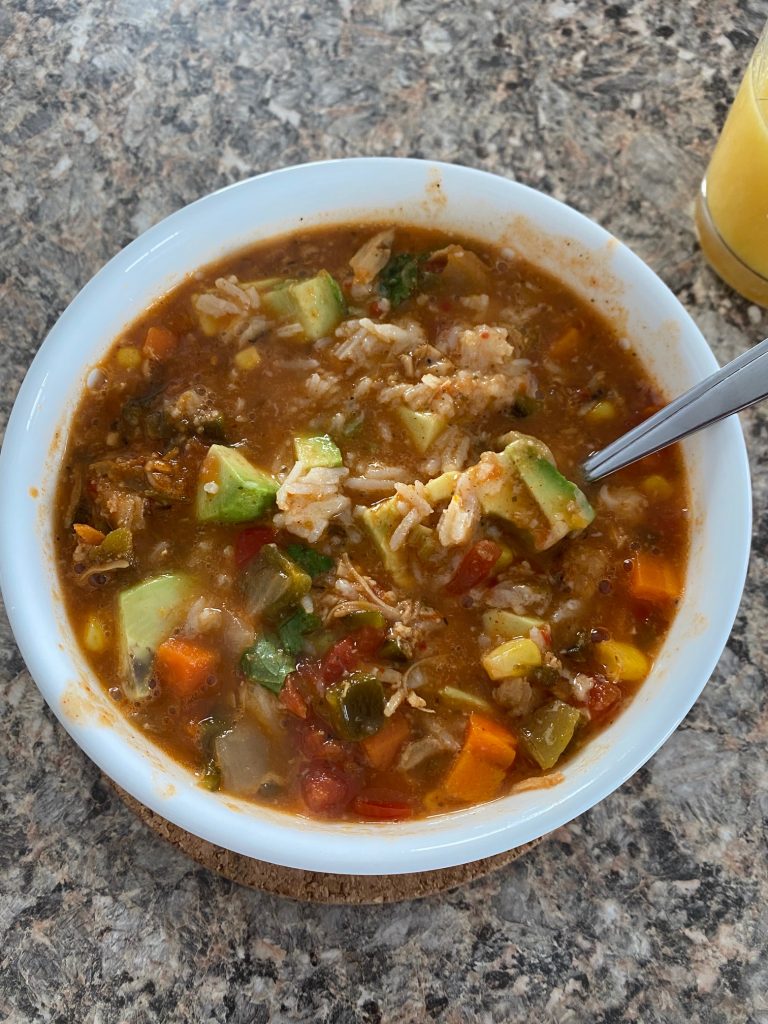
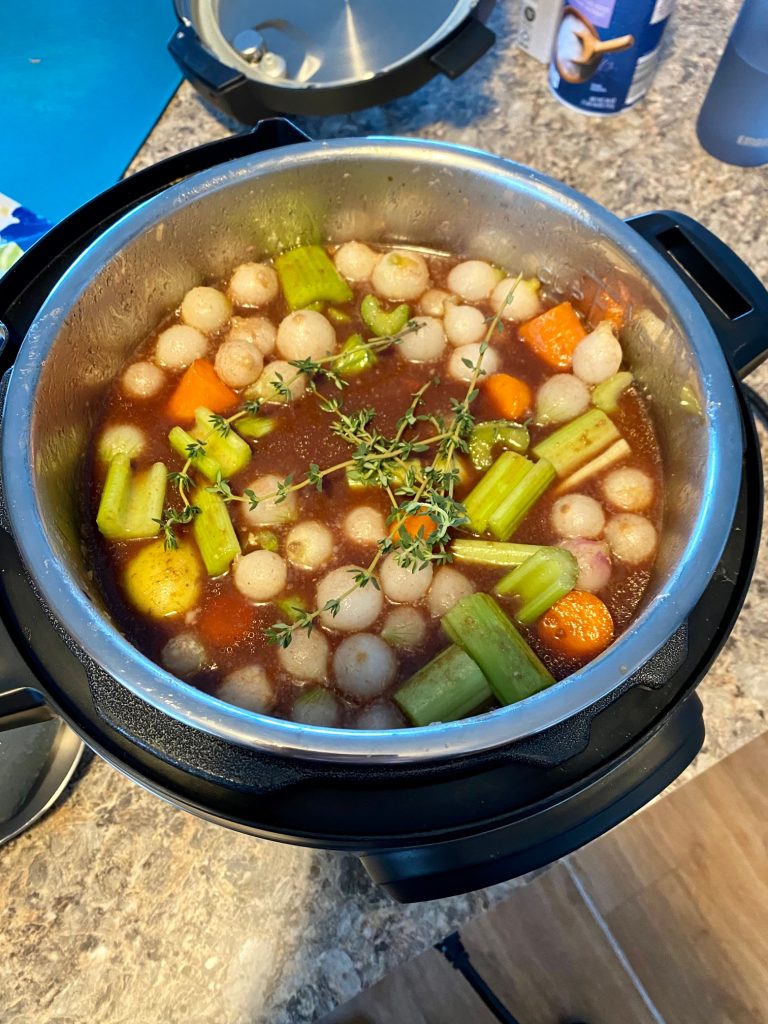

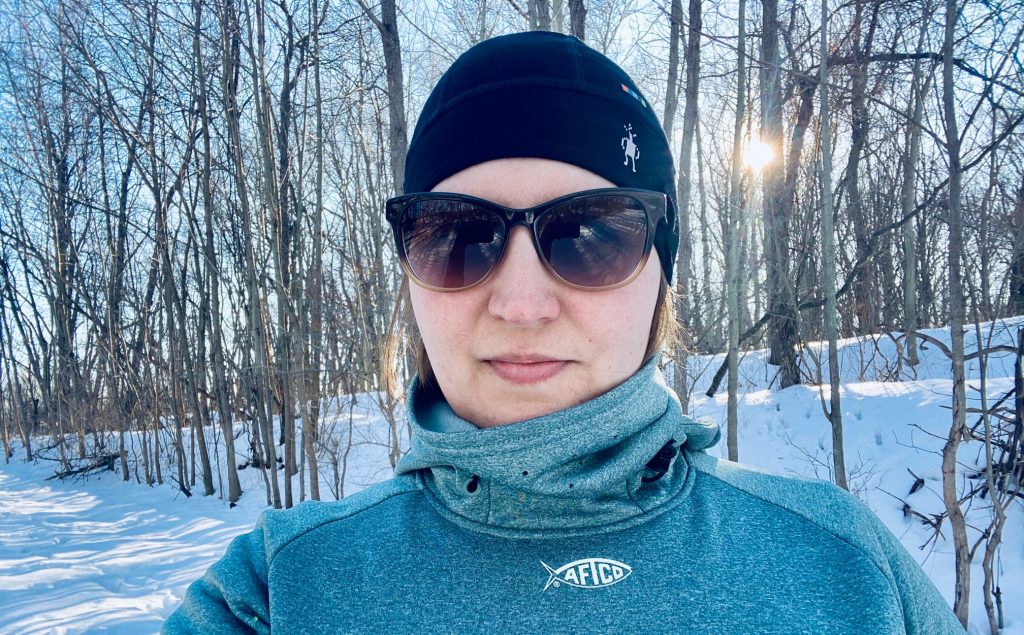
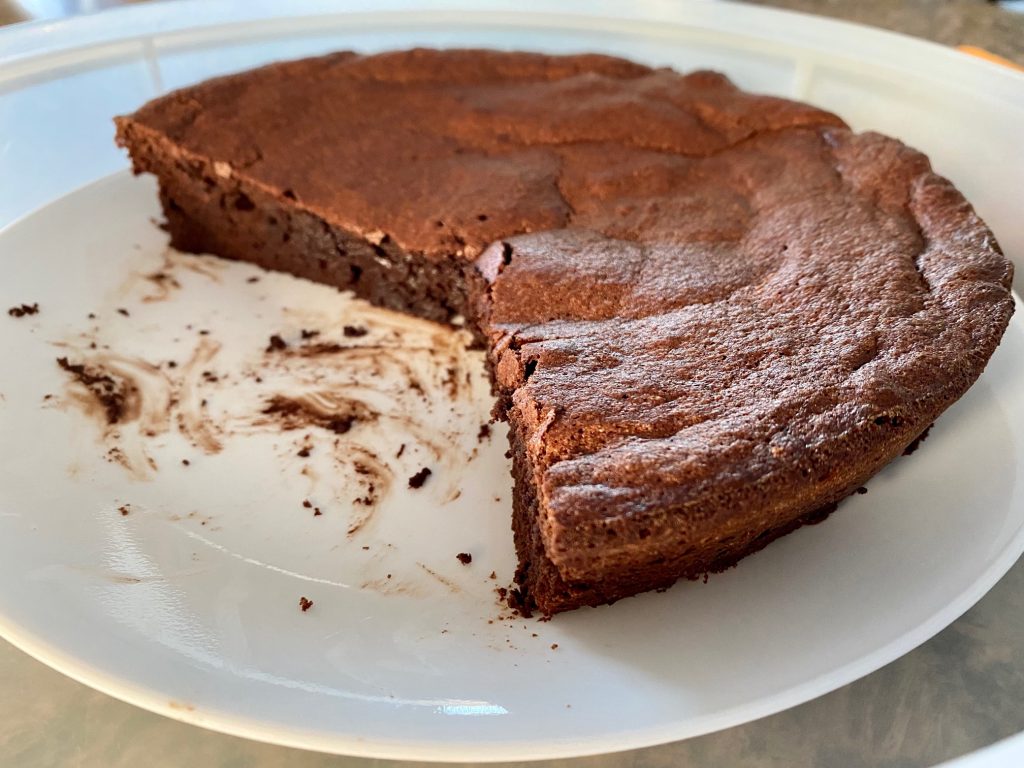
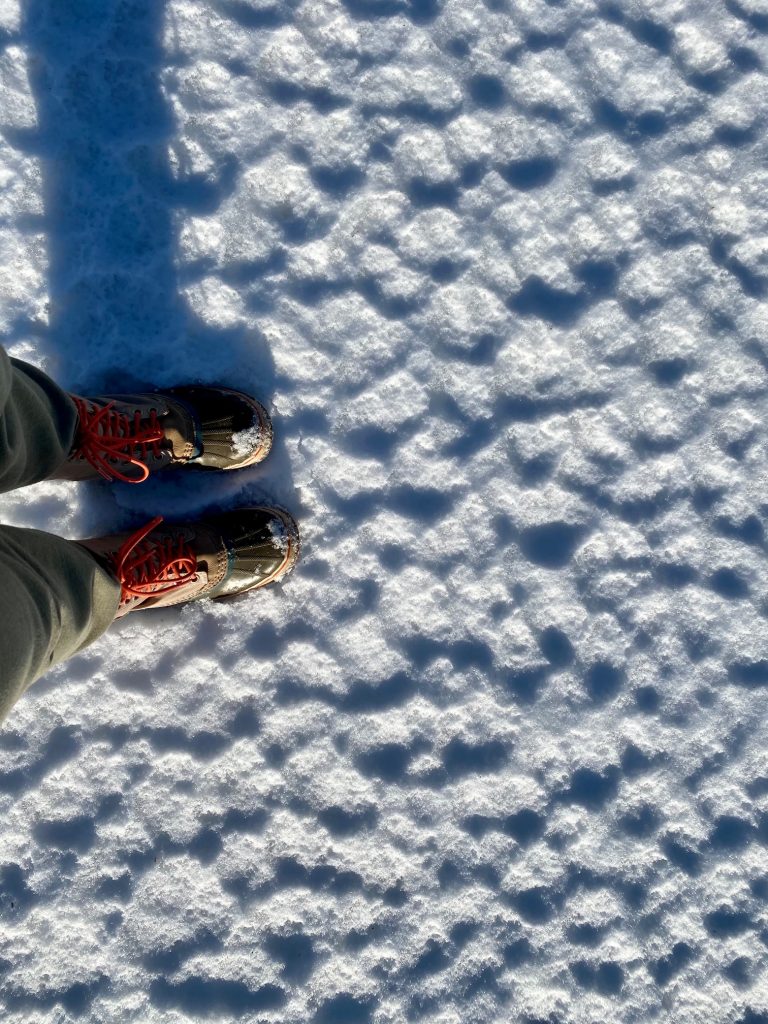

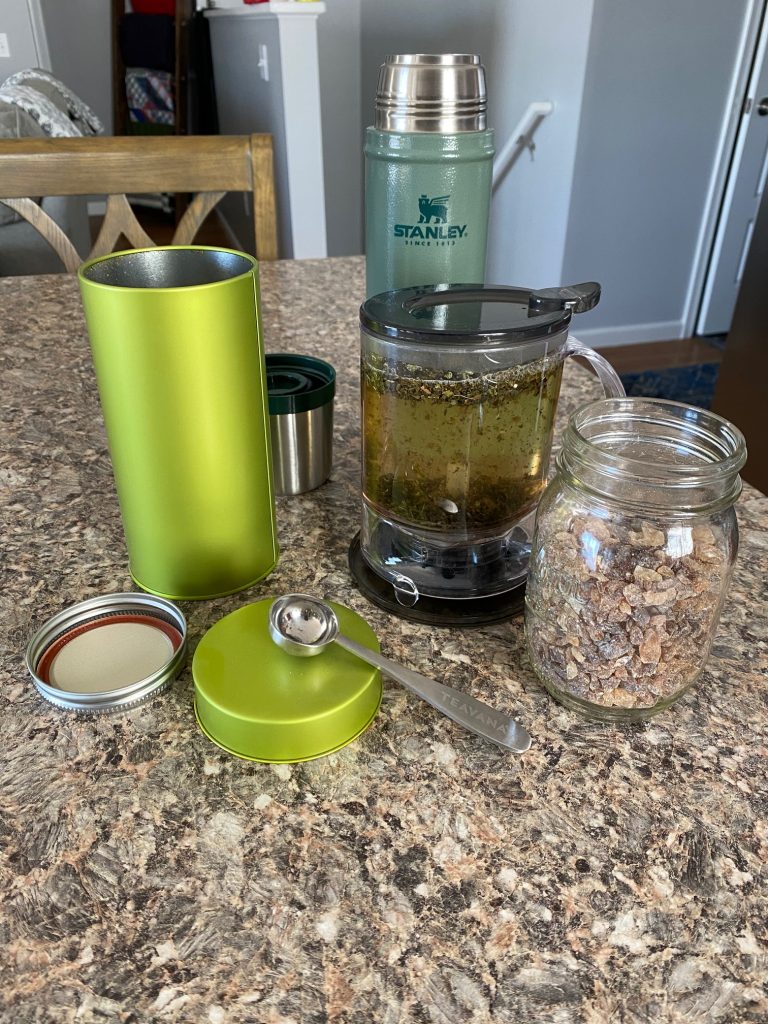
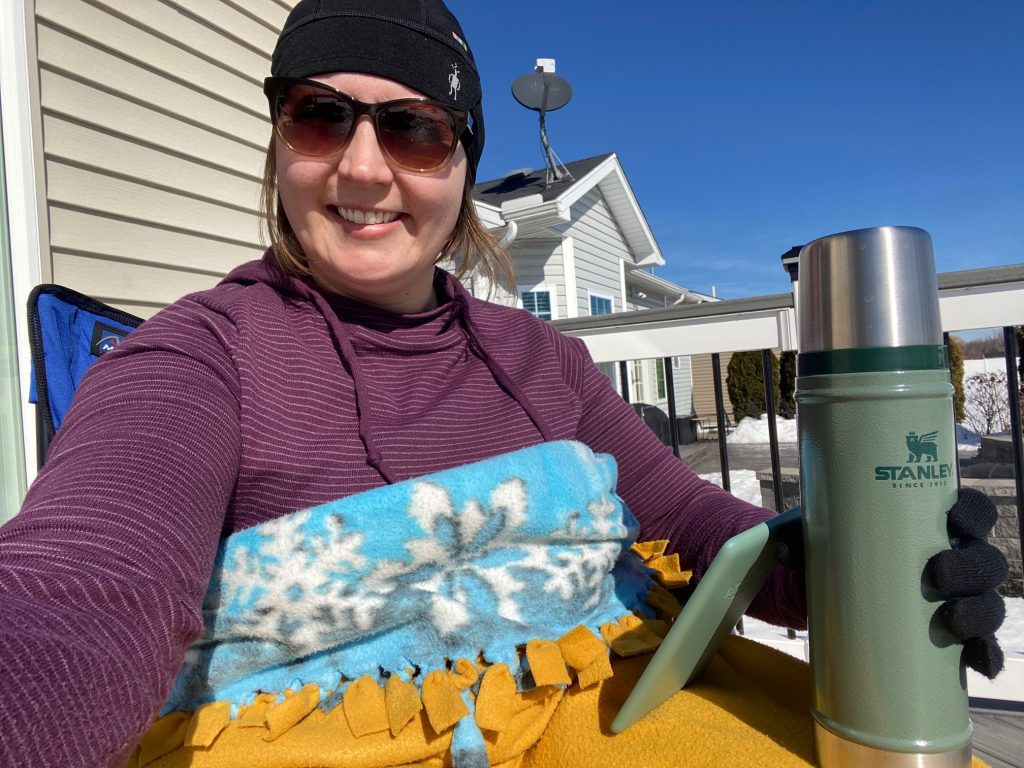

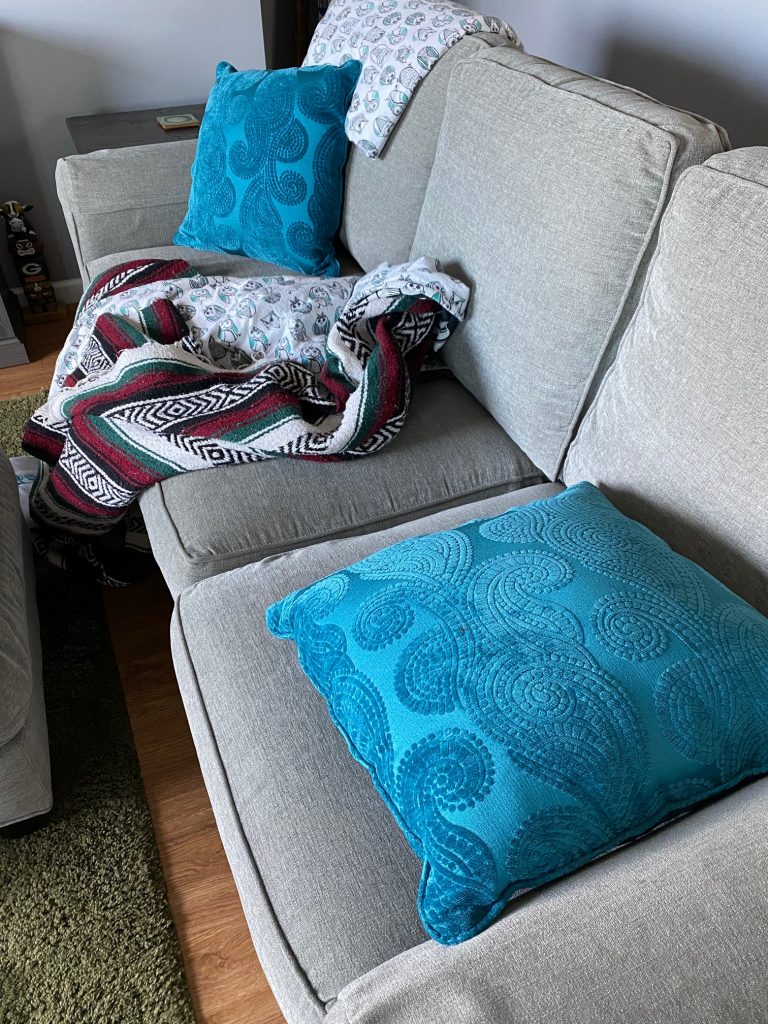
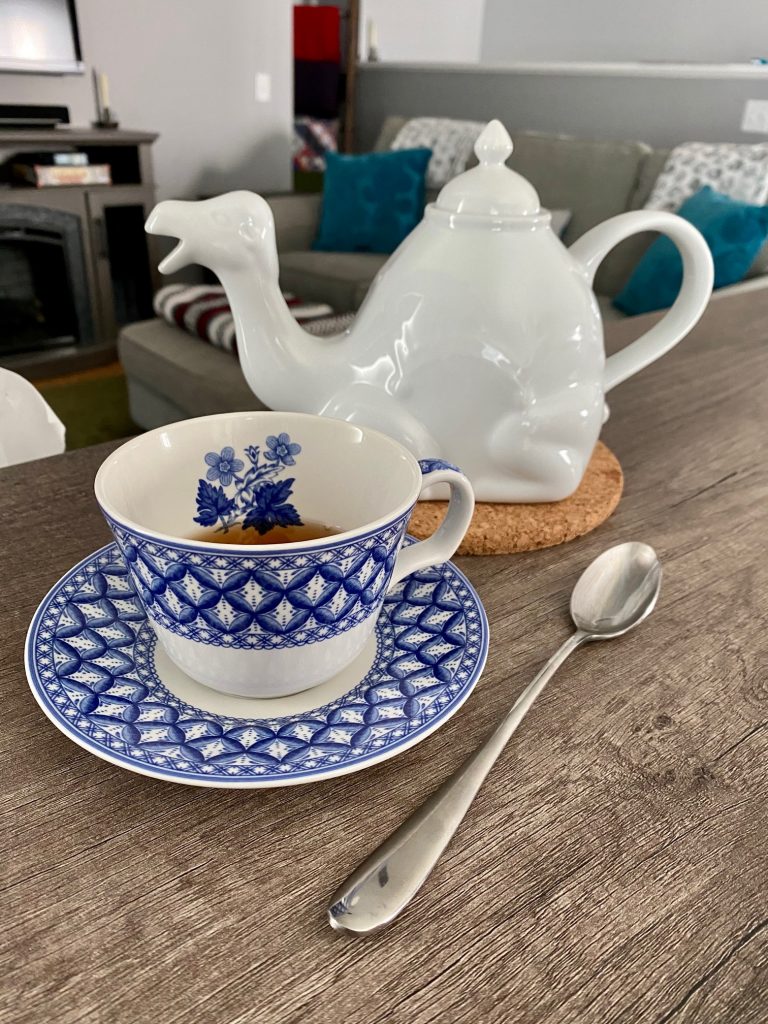
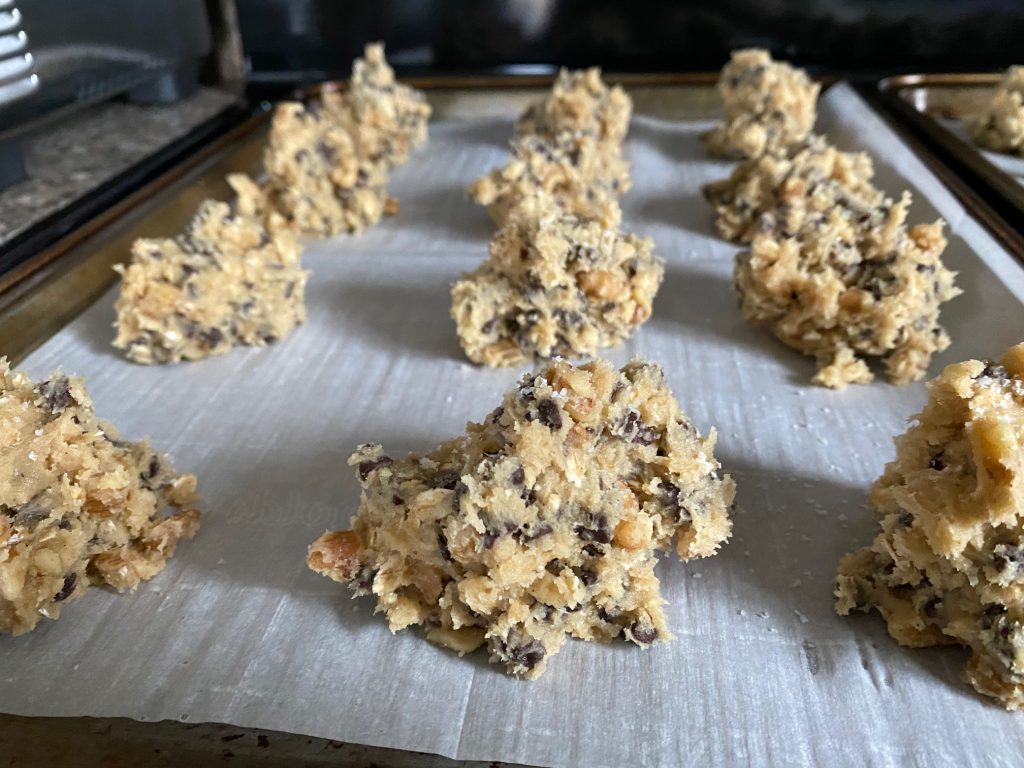
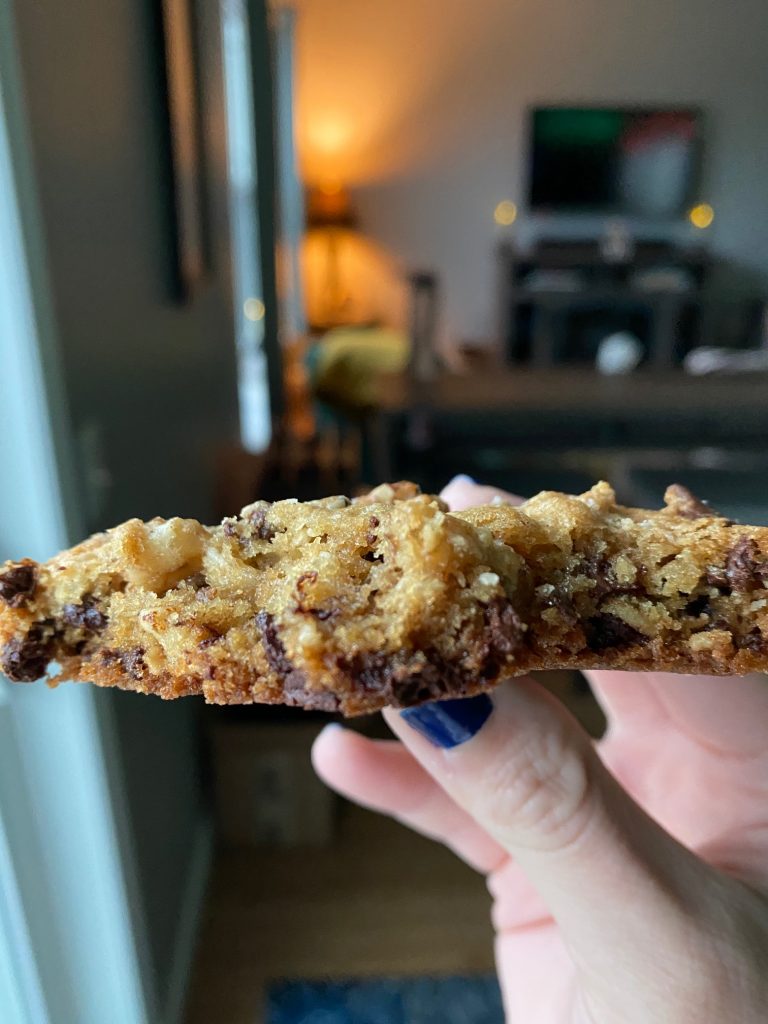
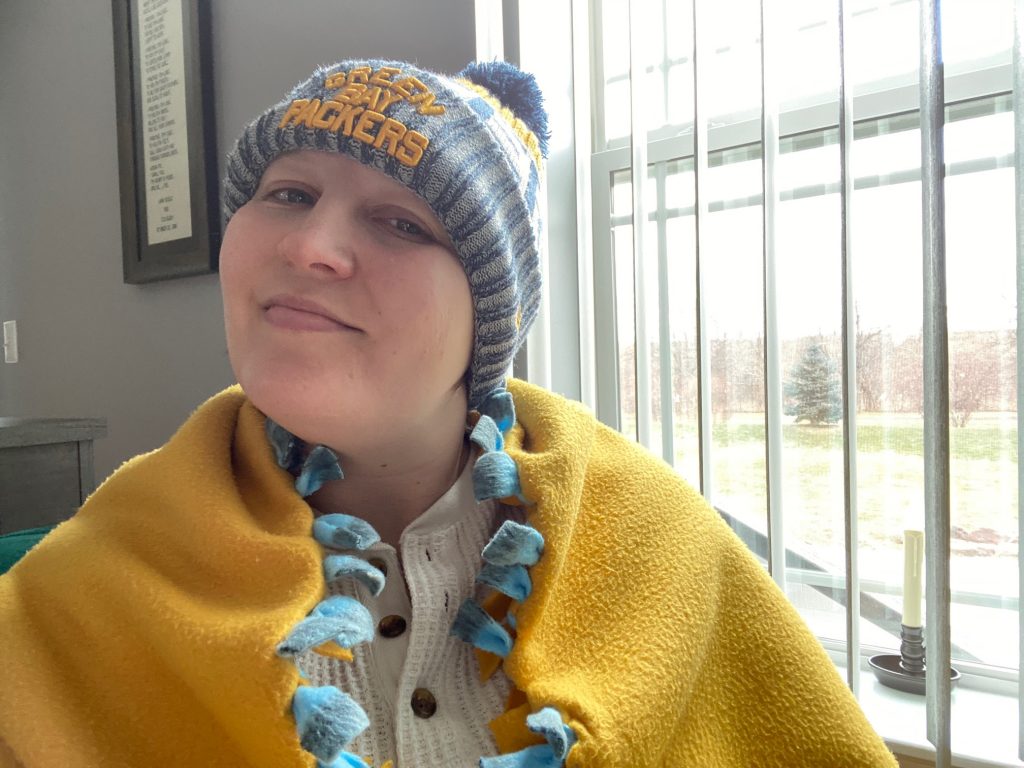
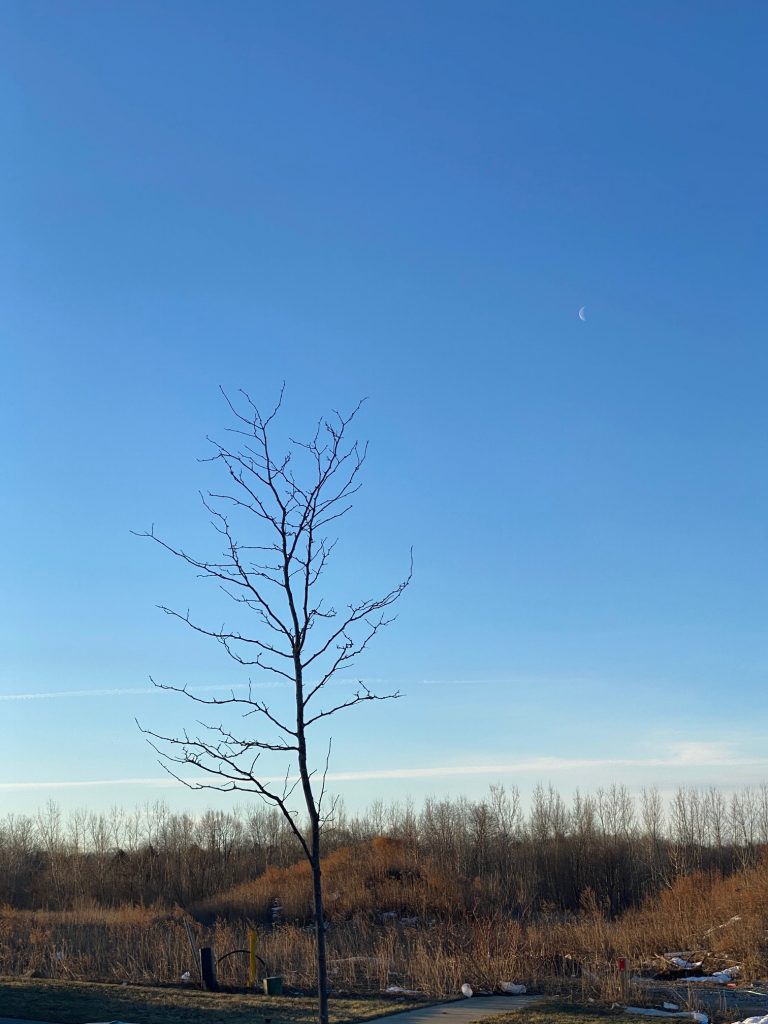
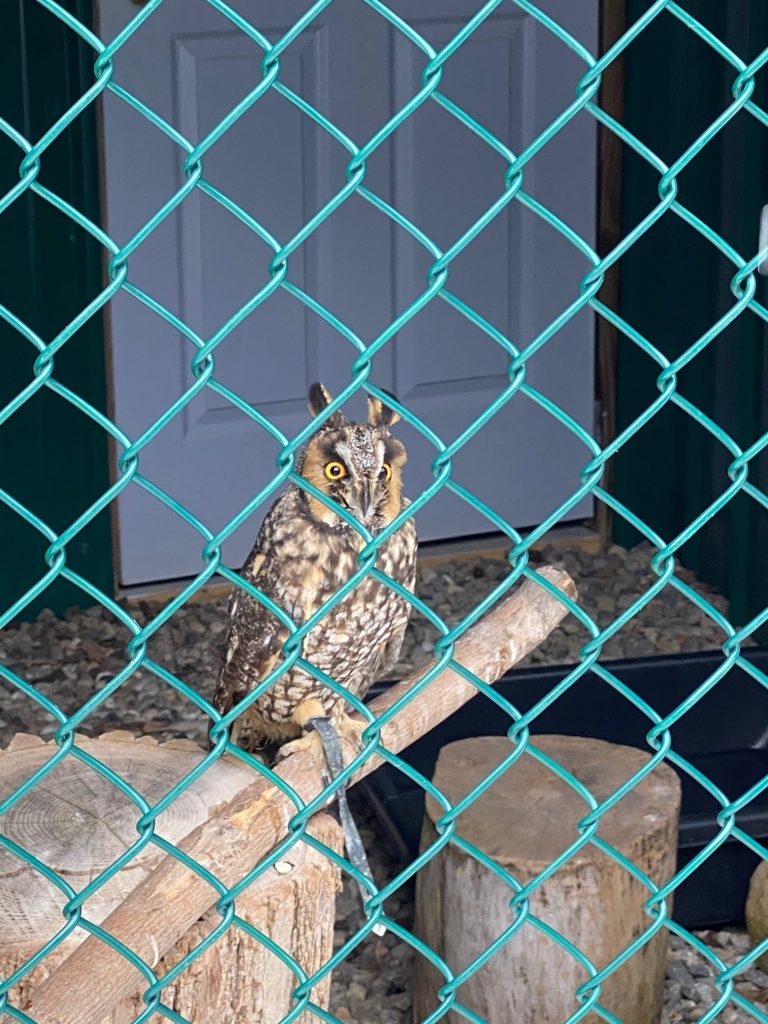
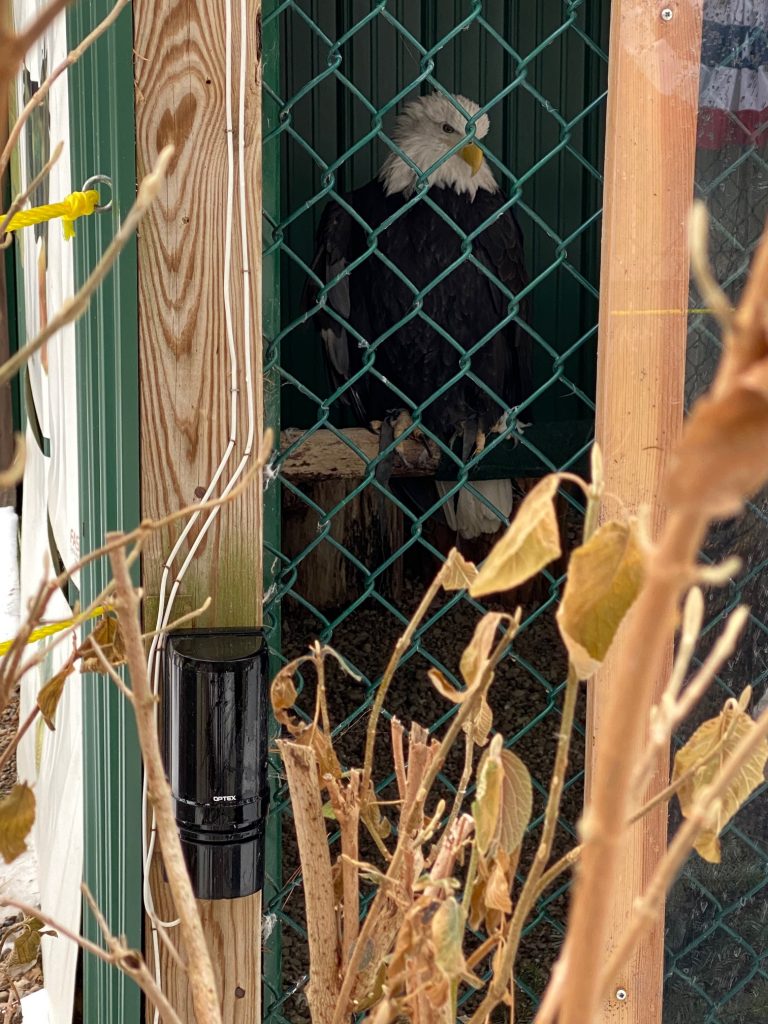
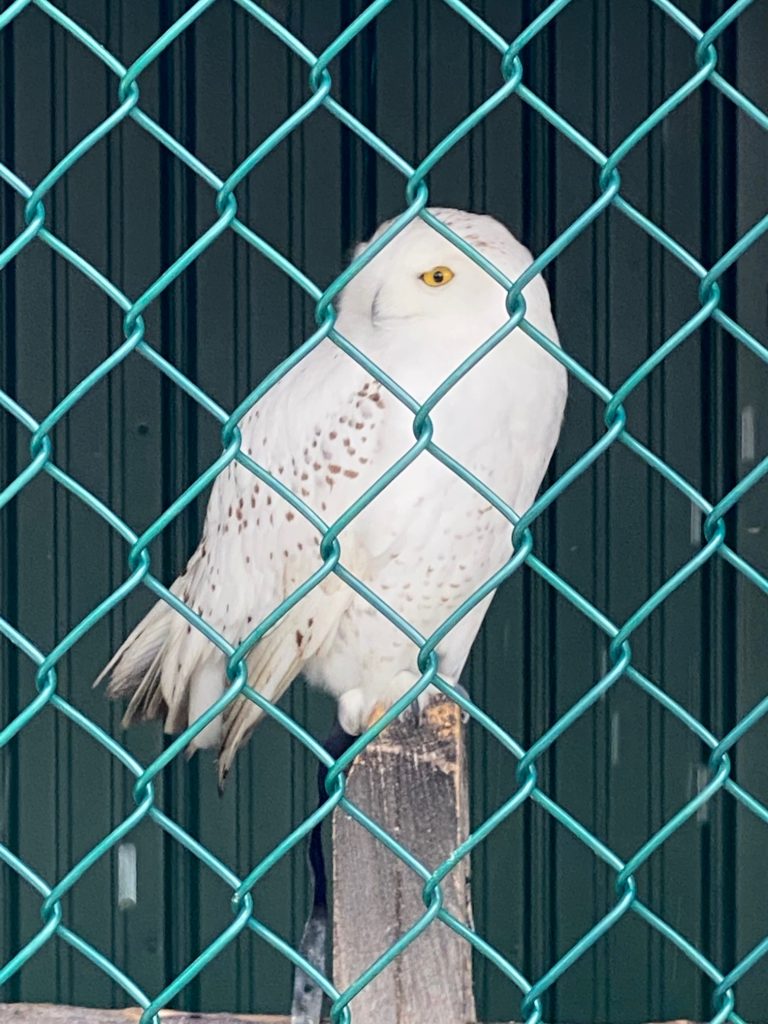
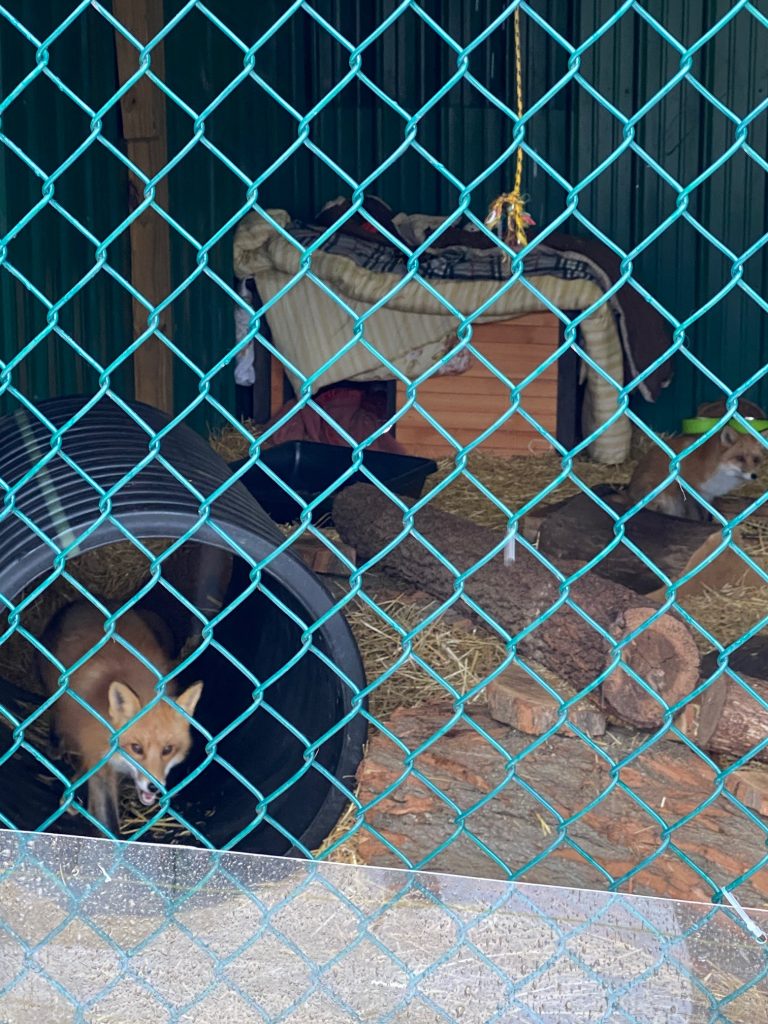
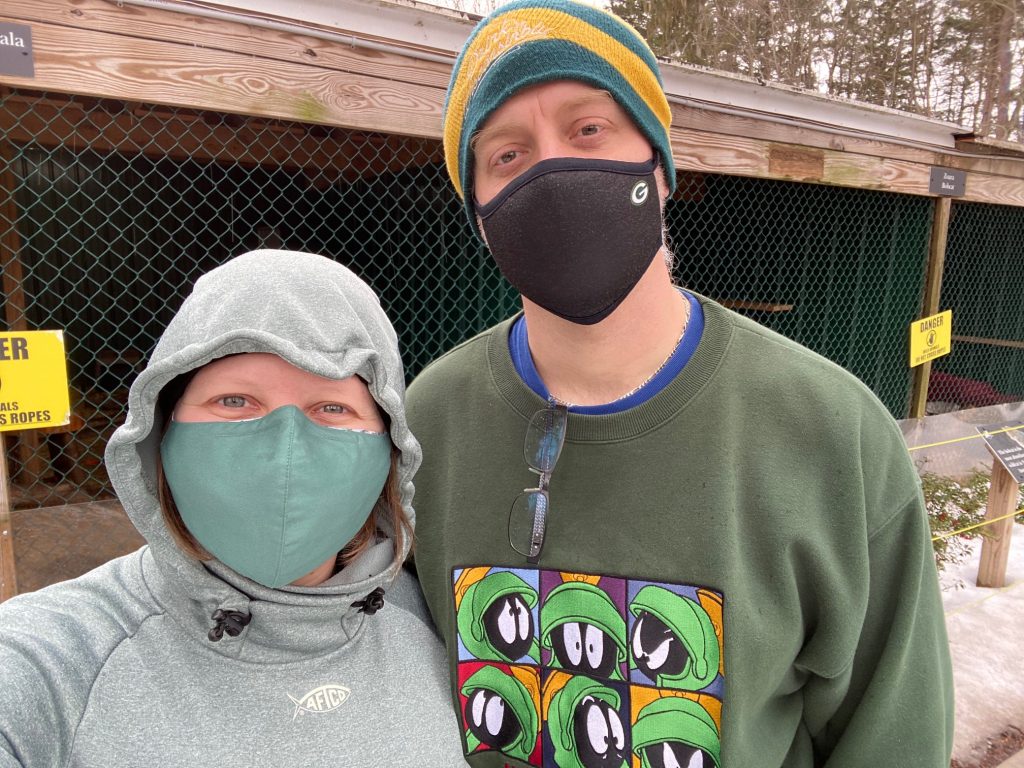
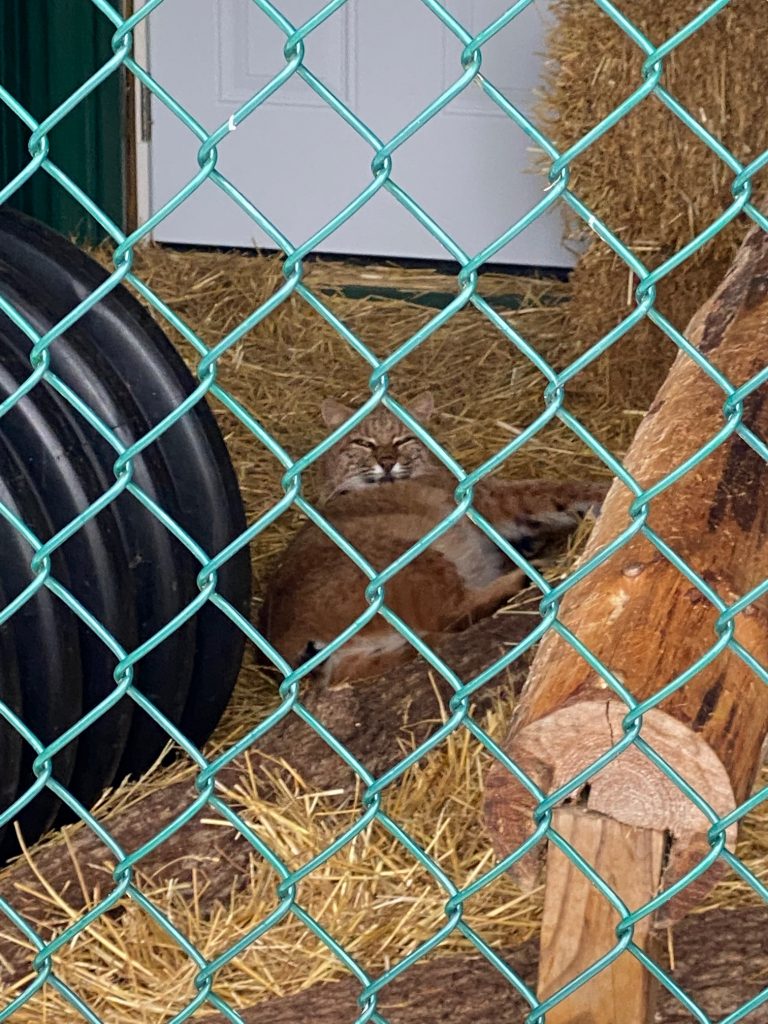
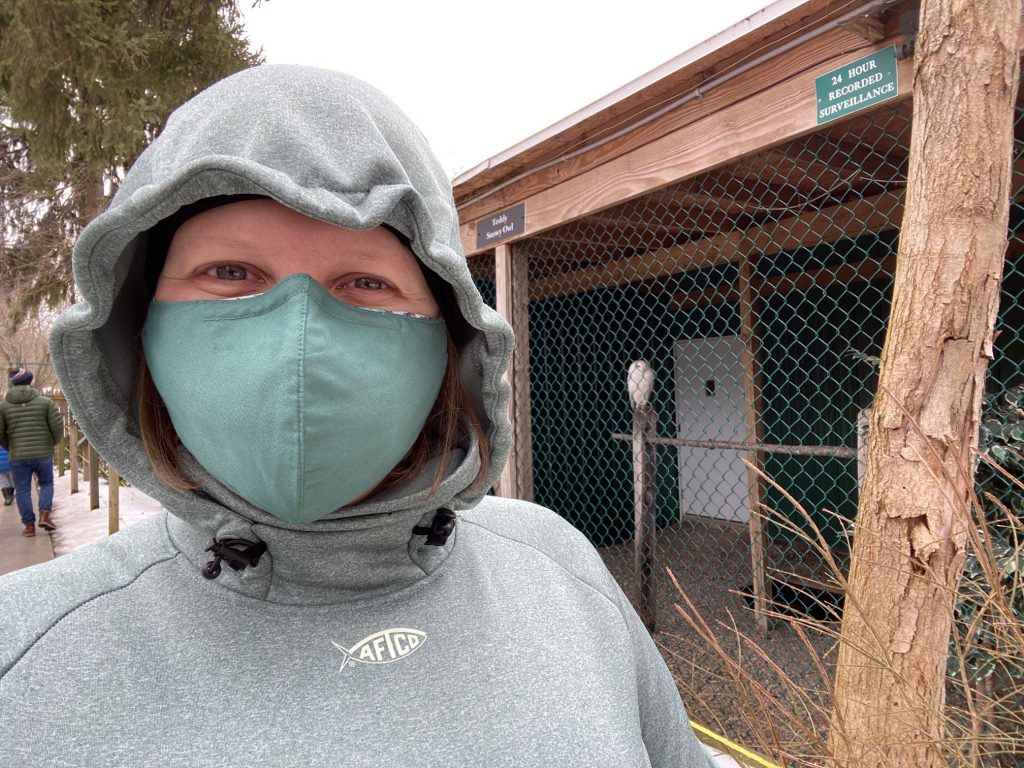
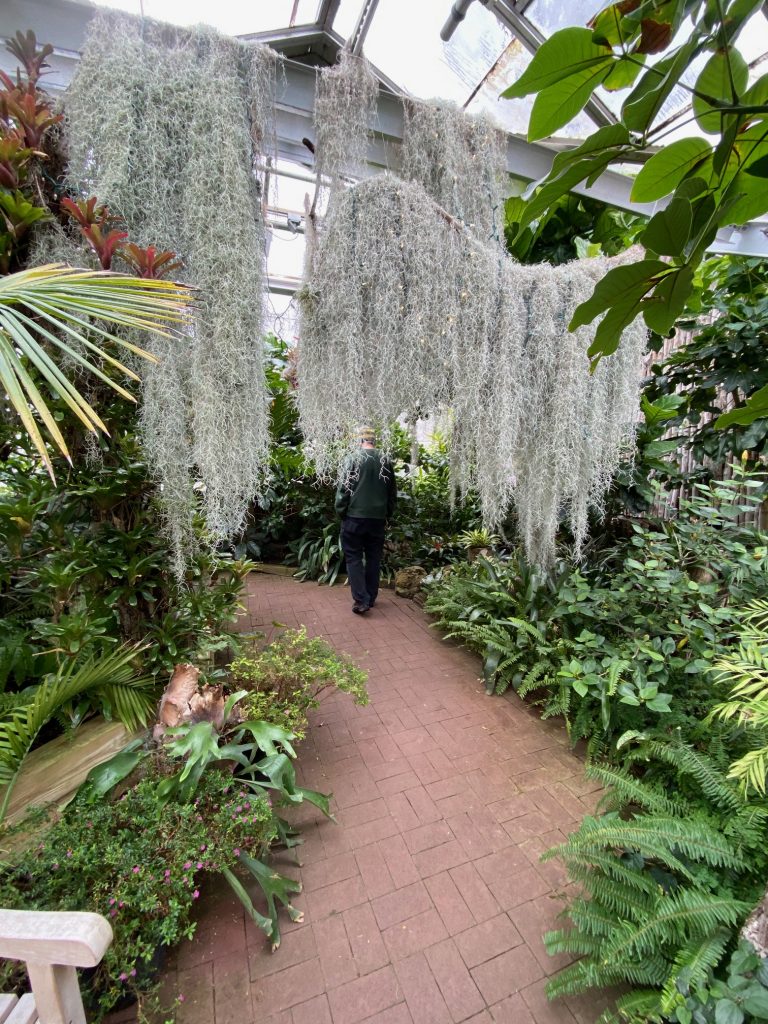
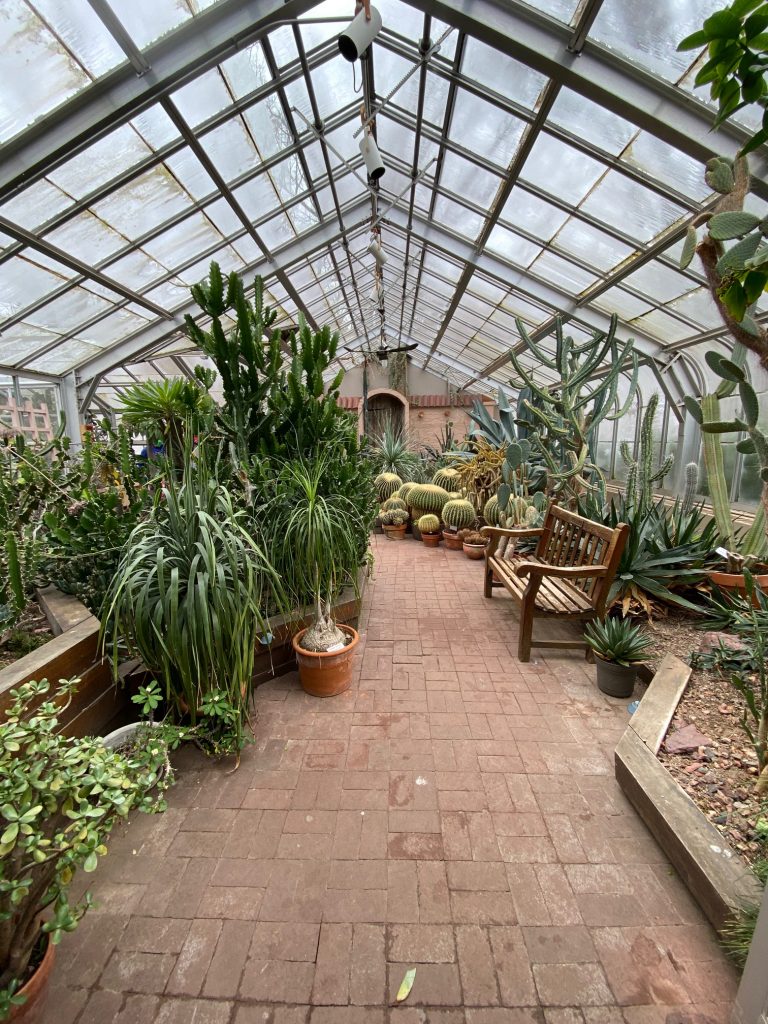
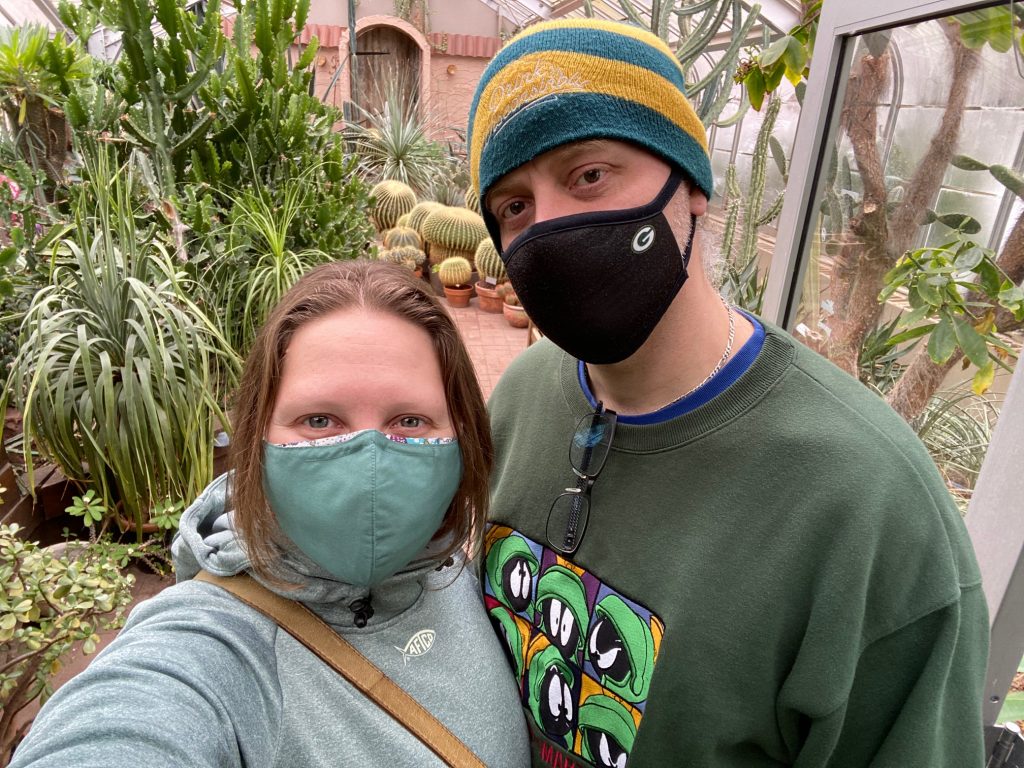
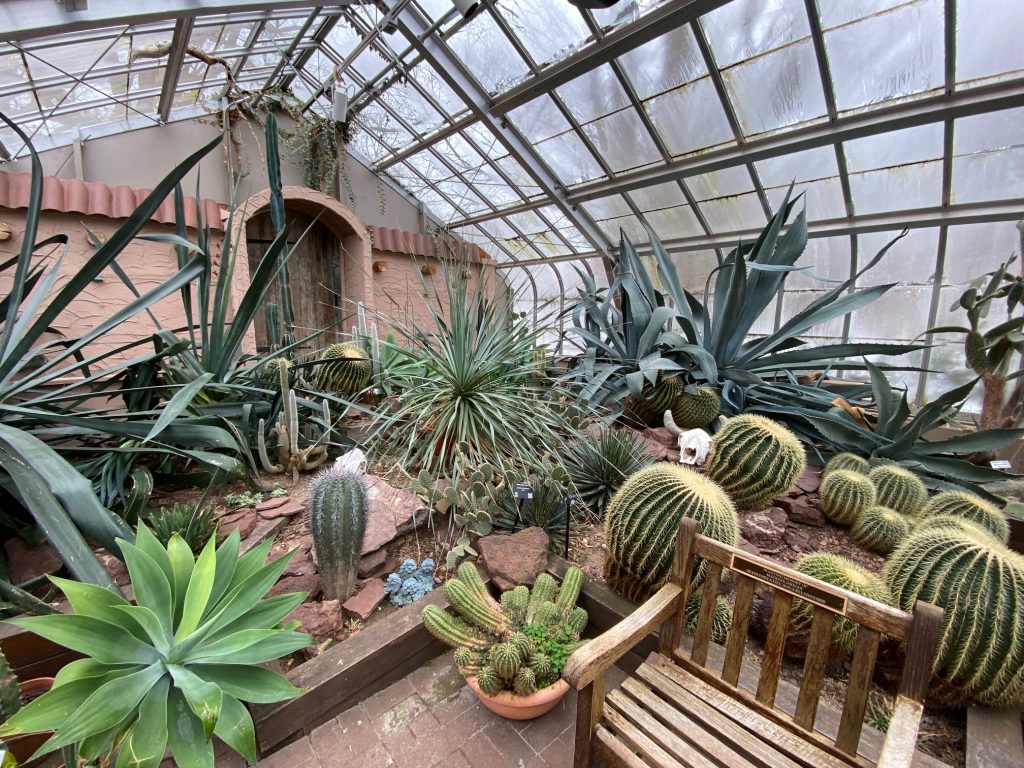
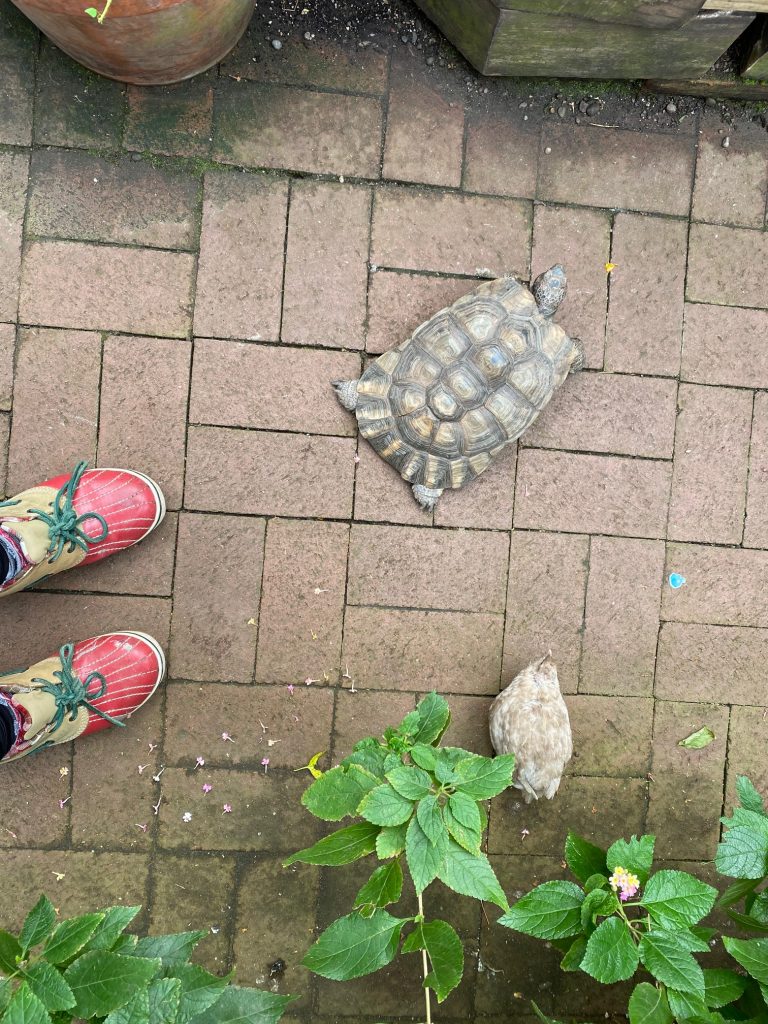
In the hustle and bustle of modern, everyday life in this century and in this society, where we’re all so busy and expected to be places and to be doing things and keeping up with a million commitments and obligations to everyone and everything but our own self care and rest, quite frankly, I find we rarely ask ourselves what we want to do anymore – what would bring us pleasure, or would be good for our mind, or would boost our morale or make us feel good, or would be healthy for our body, or would make us feel whole and give us our spark back when we’re feeling adrift or run down. And then actually making it a priority to cast aside everything else that can wait to do it. Or not scheduling ourselves so tightly or demanding so much of ourselves altogether in the first place.
Refreshed feels like the right word to describe how I felt on Sunday evening. A few weeks later now, I find myself tired again as the pandemic wanes on and the emotional and mental toll of all the adjustments and waiting continue to shift, and the seasons change, and spring cleaning is looming, and vaccinations are out there which means travel is possible again sooner than expected (which we want to prioritize to see our families again), and work picks back up…but it all feels manageable. Although I obviously suspected that taking time to prioritize rest and sleep and fulfilling the “wants” and simply being would be beneficial, I can feel the difference. I don’t feel “behind” on anything – sleep, fun, doing nothing, doing what I want to do, personal work, or job work. I felt ready to embrace what a new day will hold and not like I need to catch up on a dozen other things first.
In her book, May writes about the cyclical nature of rest and retreat – how our bodies are historically and biologically designed to crave rest in the winter months as we recover from the work of the previous months, and prepare for the work we’ll do again when spring circles back around. It explains a lot about why we often feel sleepy or lazy or mellow in the winter months and how that’s our mind, body, and spirit preparing for survival and regrowth. And, already, as it’s suddenly mid-March and tulip buds are emerging, birdsong is prevalent, built-up snow has melted, and the smell of rain punctuates the air, I feel more alert and focused, just as we know to be true every year, but rarely purposefully recognize or think about the mechanics of how or why that’s behind it. It’s a more thoughtful and intentional perspective and approach to understanding nature (human and otherwise), and one that I’ve found helpful and plan to return to each year to see what new thing I discover or how it hits me differently, and also because it seems like a kind thing to do for yourself.
